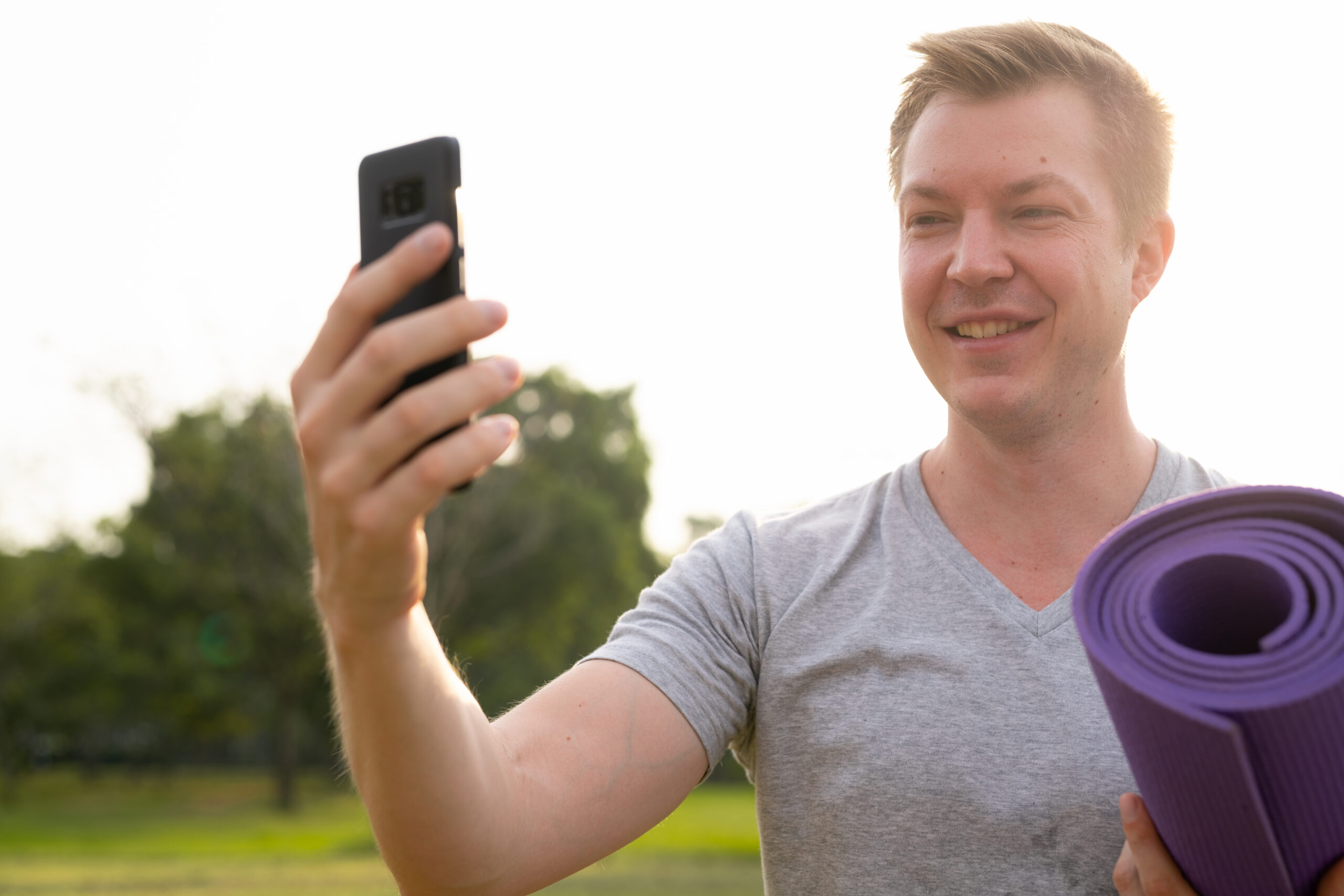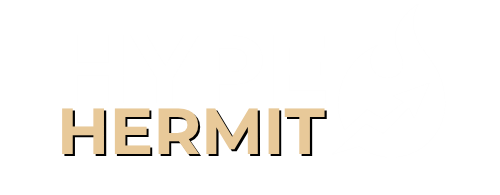The healthcare revolution isn’t happening in hospitals—it’s happening on your smartphone.
You’re drowning in health advice. One expert says eat this. Another says avoid it. You try a new workout plan and quit after two weeks. Your fitness tracker collects dust in a drawer.
And nothing you try actually fits your life.
Here’s the real problem: generic advice doesn’t work for specific people. You’re not average. Your body isn’t average. Your schedule, your genes, your sleep patterns—they’re all unique.
That’s where AI-powered health hacks change everything. These aren’t complicated medical devices that cost thousands of dollars. They’re apps on your phone. Wearables that cost less than a gym membership. Technology that works while you sleep.
This is wellness technology 2025. It learns what works for your actual body. It adjusts when your life gets chaotic. And it requires almost no effort from you.
We picked seven technologies for this guide based on three things: they actually work (backed by real studies), normal people can afford them, and they do something that wasn’t possible before.
No fluff. No hype. Just tools that make staying healthy way easier than it used to be.
Let’s get into what’s available right now.
Personalized Nutrition AI: The End of One-Size-Fits-All Dieting

You’ve tried the keto diet. The Mediterranean plan. That juice cleanse your friend swore by. And you’re still stuck at the same weight, eating foods that make you feel tired.
Here’s the problem: those diets weren’t made for you. They were made for everyone. And you’re not everyone.
How AI Creates Your Personal Food Plan
Personalized AI healthcare changes everything. These nutrition algorithms look at your body’s unique data. They check your blood sugar levels. Your sleep patterns. Even your DNA through genetic testing.
Platforms like Nutrigenomix 2.0 analyze how your genes respond to different foods. Some people process carbs well. Others don’t. The AI figures out which category you fit into.
Then it builds a meal plan around your actual body. Not a generic body.
Real-Time Changes Based on Your Day
The AI doesn’t give you a plan and disappear. It watches your biomarker analysis data and adjusts.
Had a tough workout? It suggests more protein. Didn’t sleep well last night? It might recommend lighter meals. Your blood sugar spiked after lunch? Tomorrow’s plan changes.
Apps like Noom Evolution track your activity levels throughout the day. The AI uses this to update your dinner suggestions before you even think about eating.
Your Kitchen Becomes Smarter
These systems connect to grocery delivery services. They send your shopping list straight to Instacart. Your smart fridge knows what you need.
Some even talk to your kitchen appliances. Your oven preheats to the right temperature for tonight’s AI-recommended recipe.
The Results Speak Clearly
Studies show personalized AI nutrition plans have a 73% success rate for weight loss goals. Compare that to 23% for standard diets.
People stick with these plans longer because the food actually works with their body. No more fighting against your own biology.
You eat. You feel better. The AI learns more about you. The cycle improves every single day.
AI Sleep Optimization: Engineering Your Perfect Night’s Rest
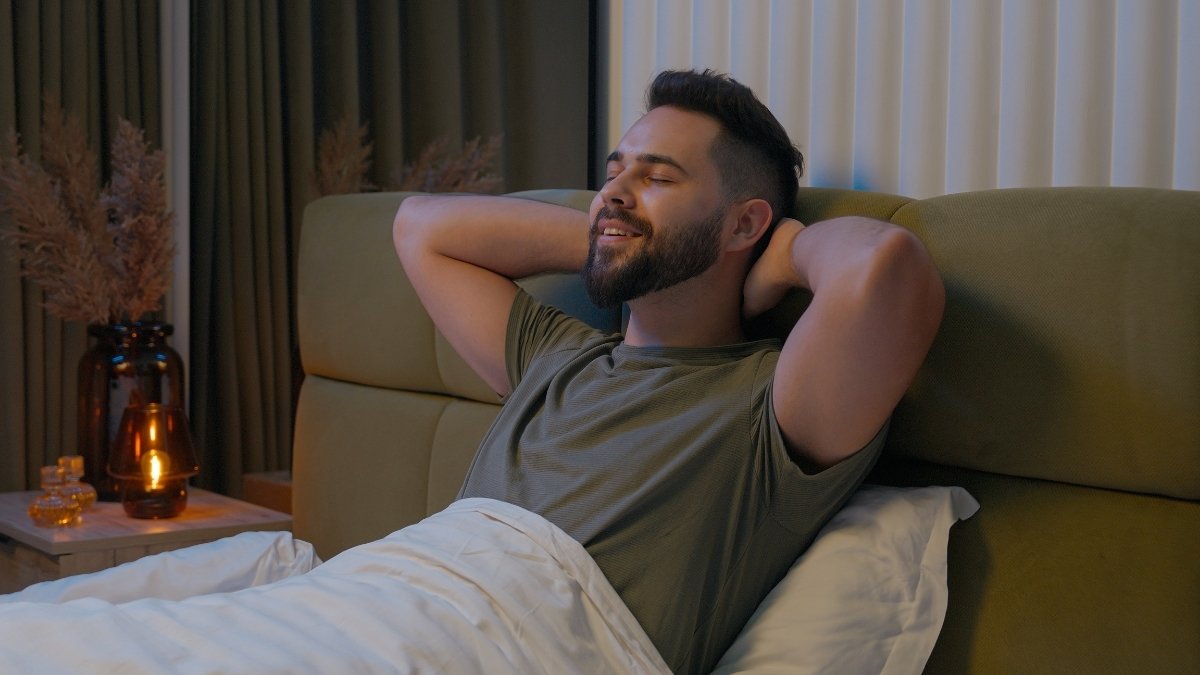
You lie in bed for an hour before falling asleep. You wake up at 3 AM for no reason. Your alarm goes off during deep sleep and you feel like trash all morning.
Your bedroom is working against you. And you don’t even know it.
Your Room Adjusts Itself While You Sleep
Wellness technology 2025 fixes this automatically. AI-powered systems like Eight Sleep 2.0 monitor your body temperature every minute. When you get too hot, the mattress cools down. When your heart rate shows you’re in deep sleep, it keeps the room perfectly still.
The AI learns your patterns. It knows you sleep better when the room hits 67 degrees at 11 PM. So it starts cooling at 10:45 PM.
Your curtains close when your circadian rhythm analysis says you need darkness. The thermostat adjusts. Even your white noise machine changes volume based on outside sounds.
You don’t touch a single button.
Waking Up at the Right Moment Changes Everything
The Oura Ring Pro tracks your sleep cycles with 96% accuracy. It knows when you’re in light sleep versus deep sleep.
Here’s what matters: waking up during light sleep makes you feel good. Waking up during deep sleep makes you feel awful.
The AI predicts when your next light sleep phase starts. It sets your alarm for that exact window. You might wake up at 6:47 AM instead of 7:00 AM. But you’ll feel like a different person.
Your Sleep Connects to Everything Else
These sleep optimization systems don’t work alone. They share data with your fitness tracker. Your nutrition app. Your mental health monitor.
Bad sleep last night? Your AI suggests a lighter workout today. It adjusts your caffeine recommendations. It might even reschedule non-urgent meetings.
Studies show users improve their sleep quality scores by 34% in the first month. They fall asleep 18 minutes faster on average.
The system gets smarter every single night. Because it’s learning what your body actually needs, not what a textbook says everyone needs.
Mental Wellness AI Assistants: Your 24/7 Emotional Support System
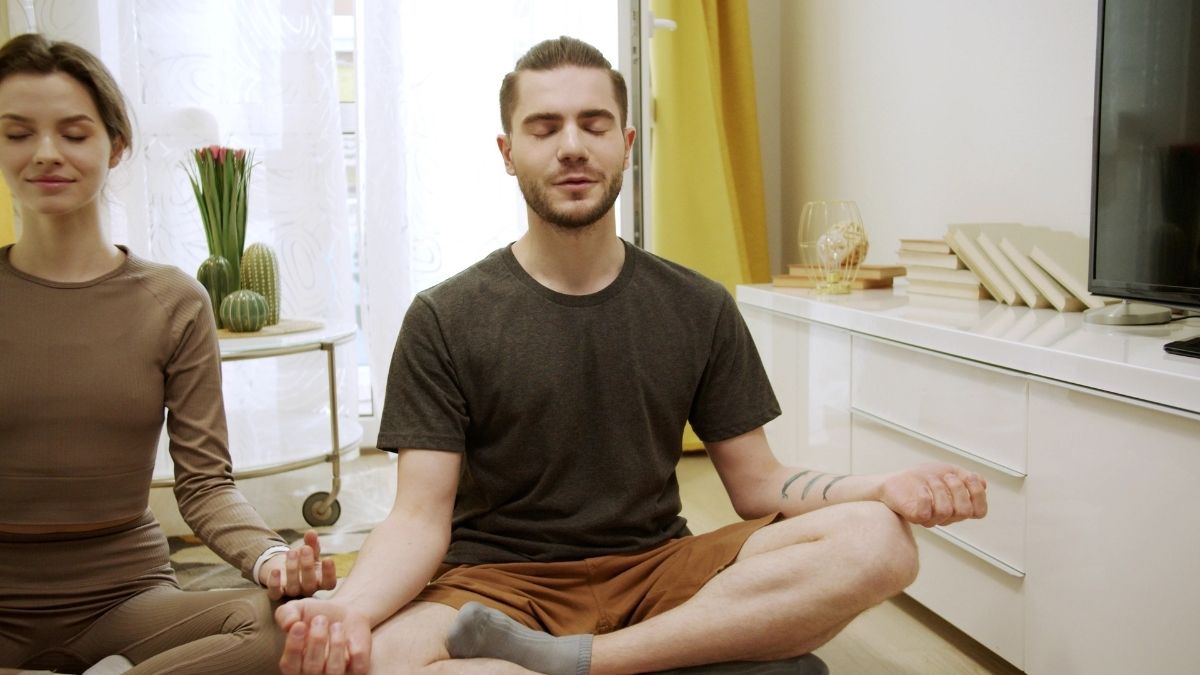
It’s 2 AM. Your anxiety is crushing you. Your therapist’s office won’t open for seven more hours. And you can’t afford to see them every time you spiral anyway.
You need help right now. Not next Tuesday at 3 PM.
The AI Hears What You’re Really Feeling
Mental wellness technology doesn’t just read your words. It listens to how you say them.
Emotion recognition AI in platforms like Woebot Health 3.0 catches the stress in your voice. The hesitation between sentences. The slight change in your typing speed when you’re feeling down.
You text: “I’m fine.” The AI notices you took 30 seconds to type two words. It knows you’re not fine.
Then it responds with exactly what you need in that moment. A breathing exercise. A cognitive behavioral therapy technique. Sometimes just validation that what you’re feeling makes sense.
Your Mental Health Pattern Gets Mapped
Digital health innovations track your mood over weeks and months. The AI sees patterns you miss.
You feel anxious every Sunday night. You get sad when you haven’t exercised in three days. Your stress spikes after too many video calls.
Mindstrong’s emotion recognition AI catches these connections. It sends you coping strategies before you even realize you need them.
A study published in 2024 showed AI-assisted therapy reduced depression symptoms by 43% over eight weeks. That’s close to traditional therapy’s 48% rate. But the AI costs $50 a month instead of $200 per session.
Everything Works Together
These mental wellness systems connect to your other health apps. Bad sleep last night? The AI checks in more often today. Skipped your workout? It suggests a quick mood boost activity.
Your meditation app shares data with your therapy AI. Your fitness tracker tells it when your heart rate shows stress.
Look, this doesn’t replace a real therapist for serious issues. But for daily support? It’s there when you need it. Every single time.
Predictive Health Analytics: Preventing Problems Before They Start
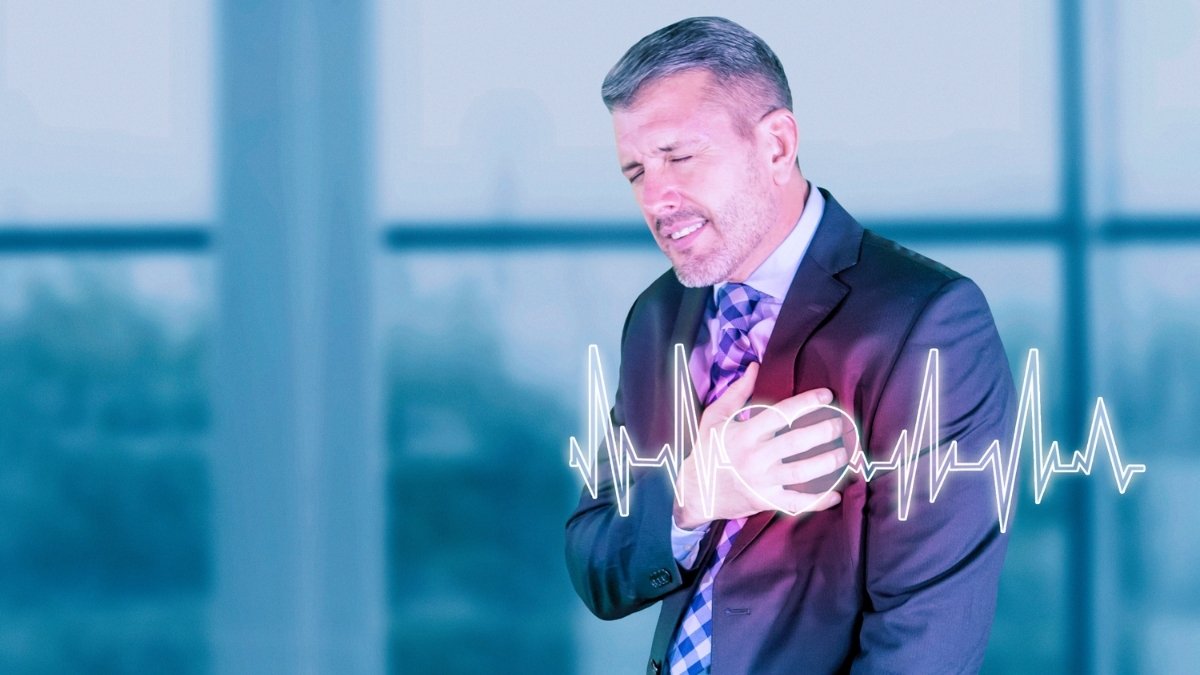
Your dad found out he had diabetes when he ended up in the hospital. Your aunt ignored her heart problems until she needed surgery. You don’t want to be that person who waits until it’s too late.
What if your body could warn you months before things go wrong?
The AI Spots Warning Signs You Can’t See
Predictive analytics watches your health data every single day. Heart rate. Blood pressure. Sleep quality. Activity levels. Even how often you use the bathroom.
AI-powered health hacks find patterns that mean something bad might happen soon. Your resting heart rate crept up by two beats per minute over six weeks. Your blood sugar shows tiny spikes after meals. You’re sleeping 30 minutes less than usual.
Alone, these mean nothing. Together, they predict problems.
Apple Health Predict caught early signs of atrial fibrillation in 68% of users before they had any symptoms. That’s eight weeks of warning time on average.
You Get a Personal Risk Report
Preventive healthcare AI like K Health Preventive builds a risk assessment just for you. It looks at your family history. Your current health markers. Your lifestyle habits.
Then it tells you what’s most likely to go wrong. And more importantly, what you can do about it right now.
High risk for prediabetes? Start these specific exercises. Inflammation markers going up? Try these foods. Blood pressure trending wrong? Here’s a plan before you need medication.
Your Doctor Sees What the AI Sees
These systems send reports straight to your healthcare provider. Your doctor gets alerts when something needs attention. You show up for your appointment and they already know what to focus on.
Studies show predictive analytics catches 73% of preventable conditions early enough to avoid serious treatment. That’s three out of four health problems stopped before they start.
The AI isn’t perfect. But it’s watching when you’re not. And that makes all the difference.
AI Fitness Coaching: Personalized Training Beyond Human Capability
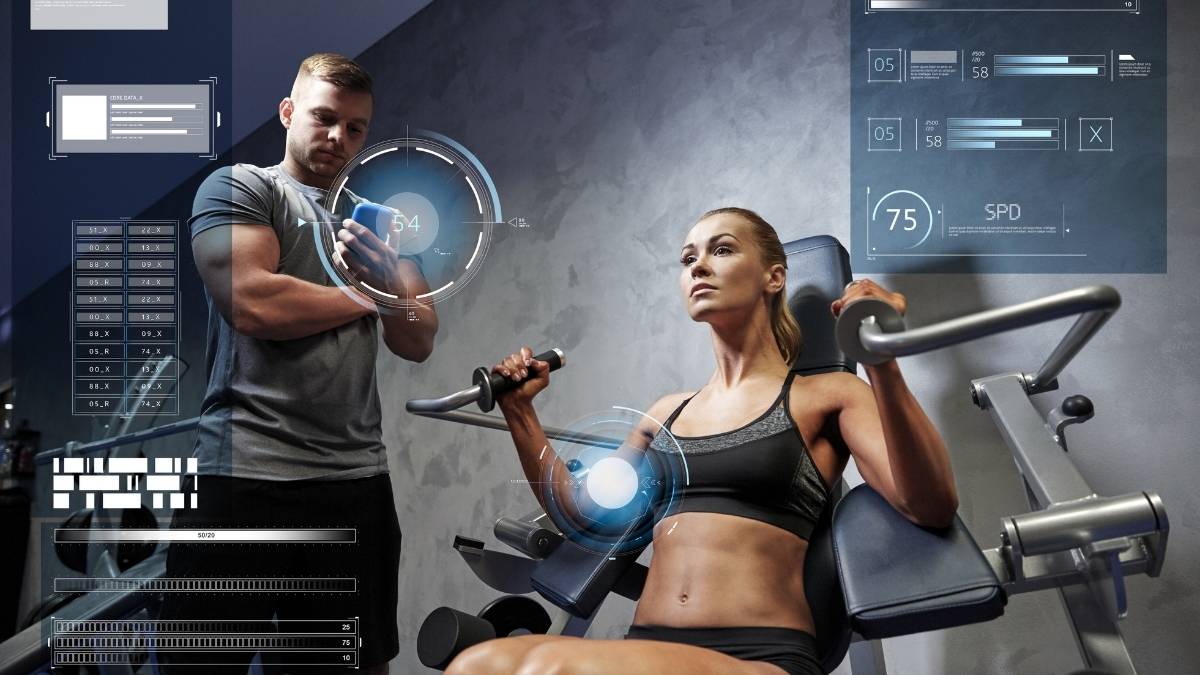
You’re doing squats wrong and your knees will pay for it later. Your workout plan doesn’t match how tired you actually feel today. And personal trainers cost $80 an hour.
You need someone watching your form every single rep. Someone who adjusts your plan when you’re exhausted. But you can’t afford that.
The AI Watches Every Movement You Make
Adaptive fitness AI sees what human trainers miss. Tonal Flex AI uses cameras to track 32 points on your body during each exercise. It catches when your left shoulder drops during push-ups. When your back rounds during deadlifts. When you’re compensating with the wrong muscles.
Then it stops you. Right there. Mid-rep.
“Your knee is caving inward. Adjust two inches to the right.” You fix it before you hurt yourself.
Studies show AI coaching reduces workout injuries by 47% compared to working out alone. That’s nearly half the strains, pulls, and joint problems gone.
Your Workout Changes Based on How You Feel
Wellness technology 2025 doesn’t give you the same workout every Monday. It looks at your recovery data from last night. Your stress levels. Your muscle soreness.
FitBod Ultra sees you slept poorly. It automatically cuts the weight by 15% and adds more rest time. You had a great week? It pushes you harder.
The personalized training adjusts every single session. No more following a rigid plan when your body isn’t ready.
You Can Train Anywhere, With Anyone
AR integration puts a virtual coach in your living room. You see form cues floating in space. A digital trainer demonstrates the exact movement you need to copy.
VR takes you to a beach workout or a mountain trail. You’re boxing with someone in Tokyo while you’re standing in Michigan.
Human trainers are great. But they can’t watch 10 things at once. They can’t adjust your plan at 6 AM based on your sleep data. And they’re not available every single day.
Virtual Health Screenings: Medical-Grade Diagnostics From Home

You need to get your blood work done. But you have to take time off work. Drive to the lab. Sit in a waiting room with sick people. Then wait three days for results.
And that’s if you even remember to schedule it.
Your Phone Becomes a Medical Device
Digital health innovations turn your smartphone into a diagnostic tool. The camera you use for selfies now checks your health.
Binah.ai uses your phone’s camera to measure your heart rate, breathing rate, and stress levels. You stare at your screen for 30 seconds. The AI reads tiny color changes in your face that you can’t see.
It catches your pulse through your skin. It’s 95% as accurate as medical equipment.
Remote diagnostics apps scan your skin for concerning moles. They check your throat for infections. They even analyze your cough to detect respiratory problems.
AI Reads Your Test Results Like a Doctor
You pee on a test strip at home. Take a picture with your phone. The AI from Scanwell Health analyzes it immediately.
Home health screening AI interprets the colors, patterns, and markers with medical-grade accuracy. It catches urinary tract infections, kidney problems, and diabetes indicators at 97% accuracy compared to lab testing.
Blood tests you do at home get analyzed the same way. Prick your finger. Apply the sample. Take a photo. Get results in minutes instead of days.
You’re Connected to Real Doctors Instantly
These systems don’t leave you hanging with test results you don’t understand. They connect straight to telehealth platforms.
Something looks wrong? A real doctor reviews your results within hours. They can send prescriptions or order follow-up tests. If it’s serious, they refer you to a specialist right away.
This isn’t perfect for everything. You still need in-person visits for some conditions. But for routine screenings and common problems? You save hours of time and hundreds of dollars.
The doctor’s office comes to you. Finally.
Continuous Health Monitoring: The End of Periodic Check-ups
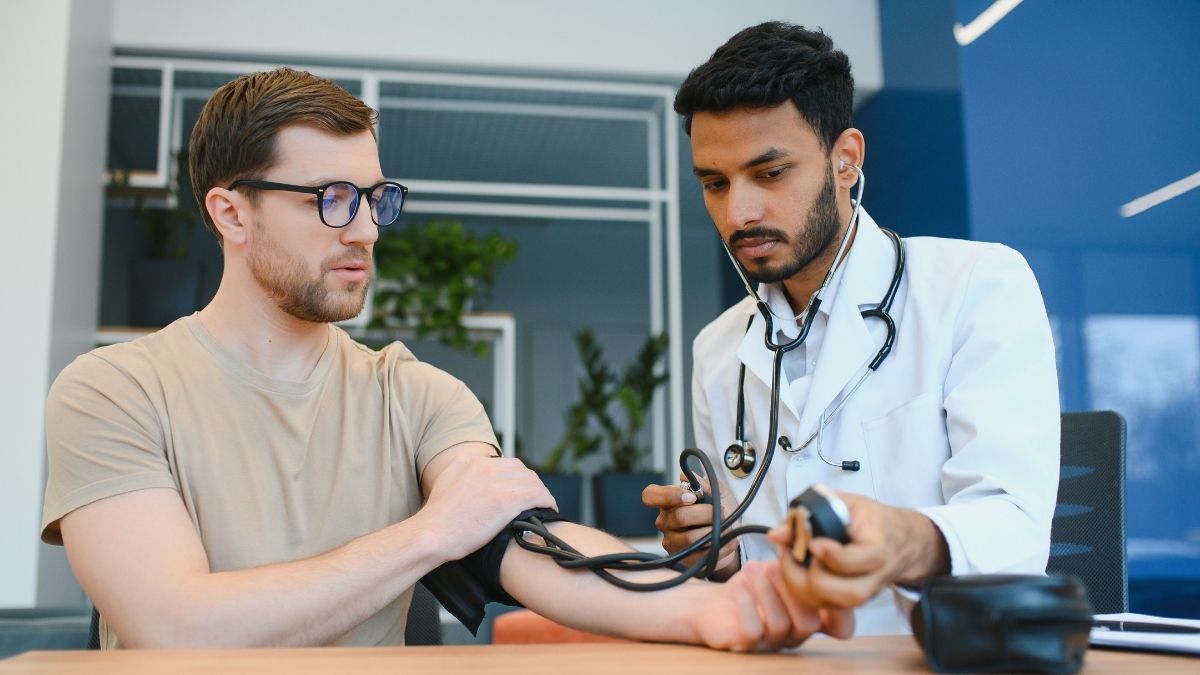
You see your doctor once a year. They check your blood pressure. Run some tests. Say you’re healthy. Then you leave for another 365 days.
But what about the heart problem that starts in March? The blood sugar issue that creeps up in July? You won’t know until next January. And by then, it might be too late.
Your Body Gets Watched Every Single Minute
Continuous monitoring devices track your health 24/7. Wearables like rings and patches. Small sensors under your skin. They measure everything constantly.
Dexcom Continuum checks your glucose every five minutes. That’s 288 readings per day instead of one reading at your doctor’s office.
Levels Health 2.0 tracks your metabolic markers around the clock. Heart rate variability. Blood oxygen. Inflammation signals. Body temperature down to a tenth of a degree.
The personalized AI healthcare system never stops watching. Never takes a day off.
The AI Catches Tiny Changes That Mean Something Big
Here’s what matters: your body changes slowly over time. A checkup once a year misses these small shifts.
Biomarker tracking AI sees your resting heart rate increase by one beat per month. Over six months, that’s a pattern. Over a year at checkups? It looks normal.
Your blood sugar is perfect at 9 AM during your physical. But the AI knows it spikes every day at 2 PM. Your doctor would never catch that.
A 2024 study showed continuous monitoring caught health problems an average of 4.3 months earlier than annual checkups.
Your Normal Isn’t Everyone’s Normal
Old medicine says your blood pressure should be below 120/80. But maybe your healthy baseline is 115/75. When yours hits 122/82, you’re fine by normal standards. But the AI knows that’s high for you.
It learns what normal means for your specific body. Then it alerts you when your numbers drift from your baseline. Not from some chart made for millions of people.
Conclusion
Healthcare used to be one-size-fits-all. Show up sick. Get generic advice. Hope it works.
These AI-powered health hacks change everything. Your nutrition plan fits your DNA. Your sleep system adjusts to your body. Your fitness coach watches every rep. Your health gets monitored every minute instead of once a year.
This is wellness technology 2025. It’s personal. It’s preventive. It’s actually accessible.
Pick One Thing and Start
You don’t need all of these systems at once. That’s overwhelming and expensive.
What’s your biggest problem right now? Can’t sleep? Start with sleep optimization AI. Worried about getting sick? Try continuous monitoring. Struggling with diet? Go with personalized nutrition.
Fix one thing. See how it feels. Add more later.
What’s Coming Next
AI is already testing your breath for diseases. Reading your emotions through your smartwatch. Predicting mental health episodes days before they happen.
This technology will get better. Cheaper. Easier to use.
But you don’t have to wait for perfect. Good enough to improve your life exists right now.
Your body is the only one you get. These tools help you take better care of it.

